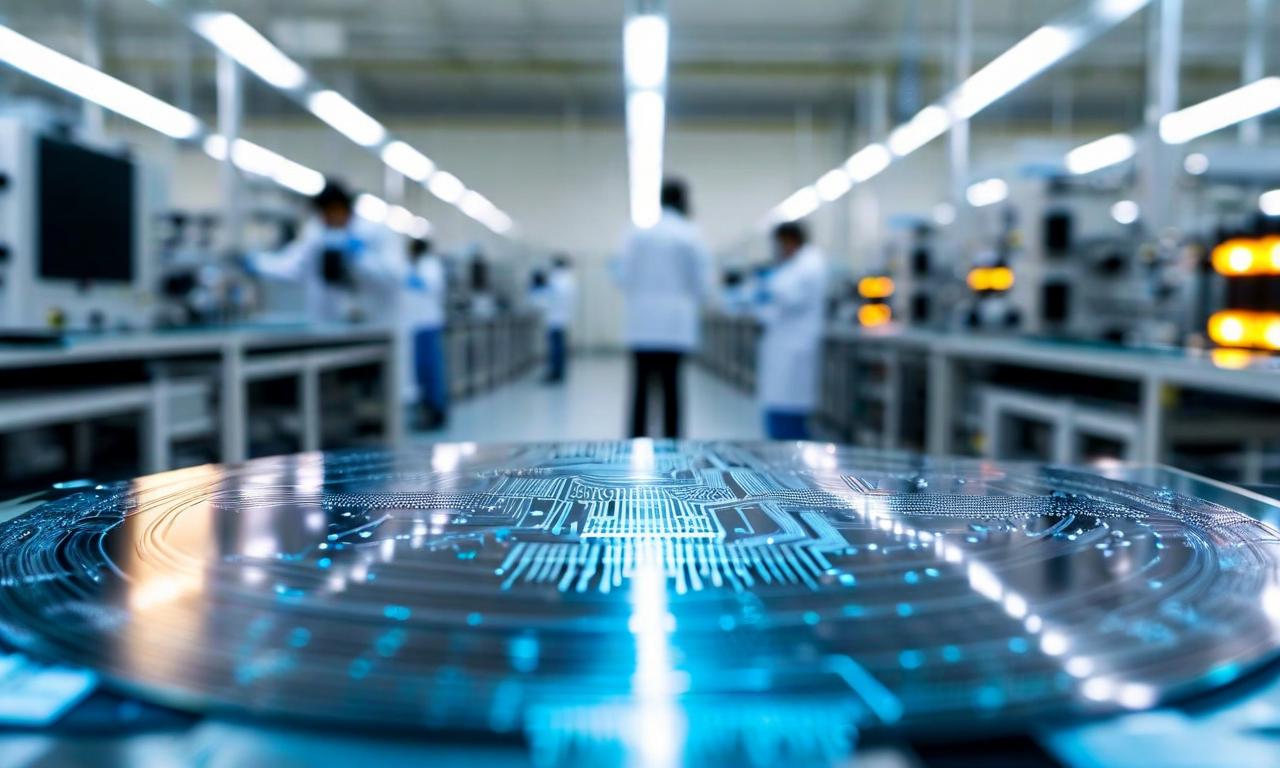White House Open to More Government Investment Deals Following Intel Stake
White House Economic Adviser Hassett indicated that the U.S. government's recent stake in Intel could be the first of several similar investments across various sectors. The Intel deal is described as a 'special case,' but the government remains open to further investment opportunities in different industries. This approach could have significant implications for the tech sector, particularly the semiconductor industry, and raises questions about the balance between government intervention and free market principles.

*this image is generated using AI for illustrative purposes only.
In a significant development for the tech industry and government economic policy, White House Economic Adviser Hassett has indicated that the U.S. government's recent stake in Intel could be the first of several similar investments across various sectors.
Intel Deal: A Special Case with Broader Implications
Hassett characterized the government's investment in Intel as a "special case," suggesting that while unique, it may not be an isolated incident. This move signals a potential shift in the government's approach to supporting key industries and companies.
Potential for Expanded Government Investments
The adviser's comments hint at a broader strategy that could see the U.S. government taking stakes in other companies within Intel's industry and beyond. This approach could have far-reaching implications for the tech sector and other critical industries.
Open to Opportunities Across Industries
Hassett stated that the government "remains open to further investment opportunities across various industries," suggesting a flexible and proactive economic strategy. This openness could lead to increased government involvement in sectors deemed crucial for national interests or economic growth.
Implications for the Tech Sector
While Intel's case is described as special, the semiconductor industry, in particular, may see more government interest. Given the critical nature of chip manufacturing in today's technology-driven world, similar deals could emerge to bolster domestic production capabilities.
Balancing Act: Government Involvement and Free Market Principles
This development raises questions about the balance between government intervention and free market principles. As the administration explores more investment opportunities, it will likely face scrutiny over the extent and nature of its involvement in private enterprises.
Looking Ahead
The White House's stance on government investments in private companies marks a potentially significant shift in economic policy. As this strategy unfolds, it will be crucial to monitor its impact on market dynamics, innovation, and international competitiveness.
Investors, industry leaders, and policymakers will be watching closely to see how this approach develops and what it means for the future of government-industry partnerships in the United States.

























